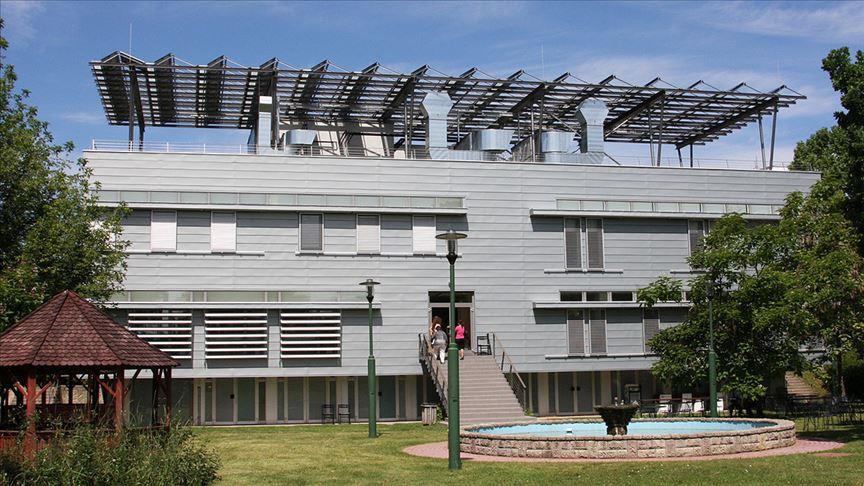The global construction sector has the technical skills to achieve net or nearly net-zero energy buildings in almost every part of the world to allow a 95% fall in energy demand compared to traditional buildings, according to a recent study by Oxford University.
According to the study titled; Advances Toward a Net-Zero Global Building Sector, buildings worldwide are responsible for 39% of energy-related greenhouse gas emissions while embodied carbon in building materials could consume up to half of the remaining 1.5ºC carbon budget.
The study finds that although buildings are the largest consumer of energy and source of emission in the cities, they represent the lowest cost option for reducing emissions.
The maximization of energy efficiency through building features is key to achieving net-zero targets, the study said and suggested the use of renewable materials like timber and bio-based products to replace carbon-intensive cement to help reduce emissions.
Under the Paris Climate Agreement, over 195 countries agreed to keep global warming below 1.5ºC to fight the growing climate crisis.
To achieve these climate goals, the study advocates for urgent action using existing technologies and skills to achieve vital net-zero emissions in the building sector.
'Net-zero energy buildings and retrofits are feasible in every corner of the world, all climates and virtually every building type. Already a market reality in many locations, they are pivotal pillars of a climate-neutral economy,' Diana Urge-Vorsatz, study co-author and director at the Center for Climate Change and Sustainable Energy Policy at the Central European University, was quoted as saying.
She called for this technology to become standard practice now given that building stock takes many decades to turn over or be fully retrofitted, in order to hit a zero-energy global building sector by the mid-century.
“Every single building, we build or retrofit that does not take full advantage of our net-zero technology and know-how locks us into a warmer climate,' she said.
According to the study, sustainable building and energy retrofits could also create jobs, which would be a key part of a climate-friendly economic recovery from COVID-19 that international institutions are calling for.
Across the world, the size of the economic recovery packages from COVID-19 is estimated to hit $20 trillion by the end of this year.
'With respect to climate change, the world has agreed to a target of 2 degrees Celsius but we find ourselves on a pathway towards between 3 and 5 degrees Celsius. Buildings are at the core of meeting the world’s quality of life ambitions and addressing climate change.
Of all the options available to us, getting buildings right stands out in terms of timeframe, scale effect, and economics,' Scott Foster, director at the Sustainable Energy Division, United Nations Economic Commission for Europe, said.
By Nuran Erkul Kaya
Anadolu Agency
energy@aa.com.tr


